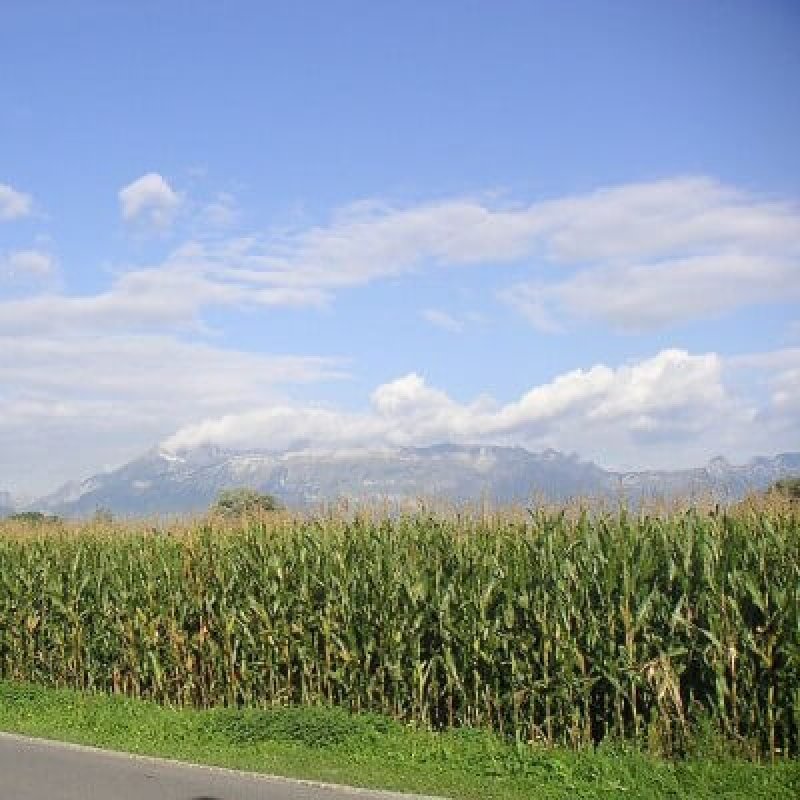The United Nation’s Food and Agriculture Organization (FAO) has released a study investigating the positive and negative impacts of biotechnology on smallholder farmers in Africa.
The report features 19 case studies of smallholder farms that are using forms of biotechnology, which the FAO define as “any technological application that uses biological systems, living organisms, or derivatives thereof, to make or modify products or processes for specific use.” The 19 smallholder farms were selected from different regions and together represent the variety of ways in which farmers use biotechnology.
The authors, who are scientists and agriculture researchers from around the world, note that this report summarizes the impacts of biotechnology. They do not support nor oppose the technology itself.
Most of these people live in rural areas and depend for food on small-scale farming and marketing systems. The projected increase in the global population to 9 billion and, with this, the expected 60 percent increase in the demand for food by 2050 leaves no room for doubt that individual countries and the international community need to make an extra effort to assist the poorest and most marginalized to secure their right to adequate food. … The key lies in empowering the millions of smallholder producers and landless workers who form the backbone of rural economies in most developing countries to grow their incomes and improve their livelihoods by raising agricultural productivity and engaging in markets. … Agricultural biotechnologies are prominent among the suite of innovations available…. While these case studies may be best described as initial steps towards assessing the benefits of agricultural biotechnologies, it is also hoped that they will provide useful information for policy-makers, potential investors, development specialists and scientists and encourage further investments both in [research and development] and in the diffusion of these and other biotechnologies.
Read the full, original report here: “Biotechnologies at work for smallholders: Case studies from developing countries in crops, livestock and fish”
Additional Resources:































